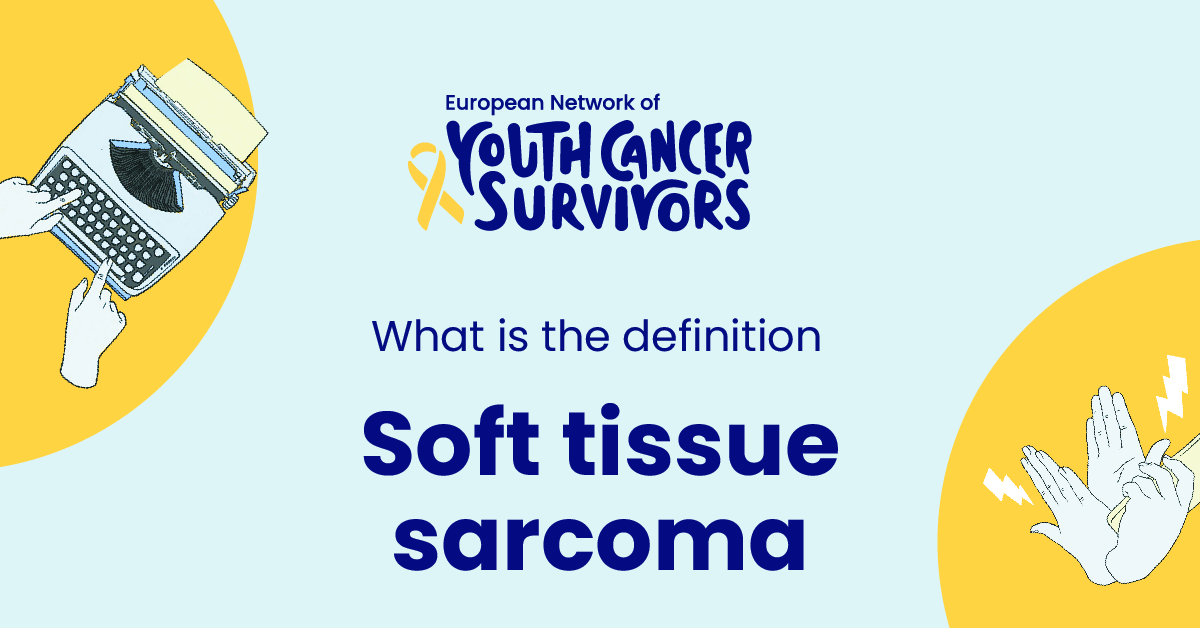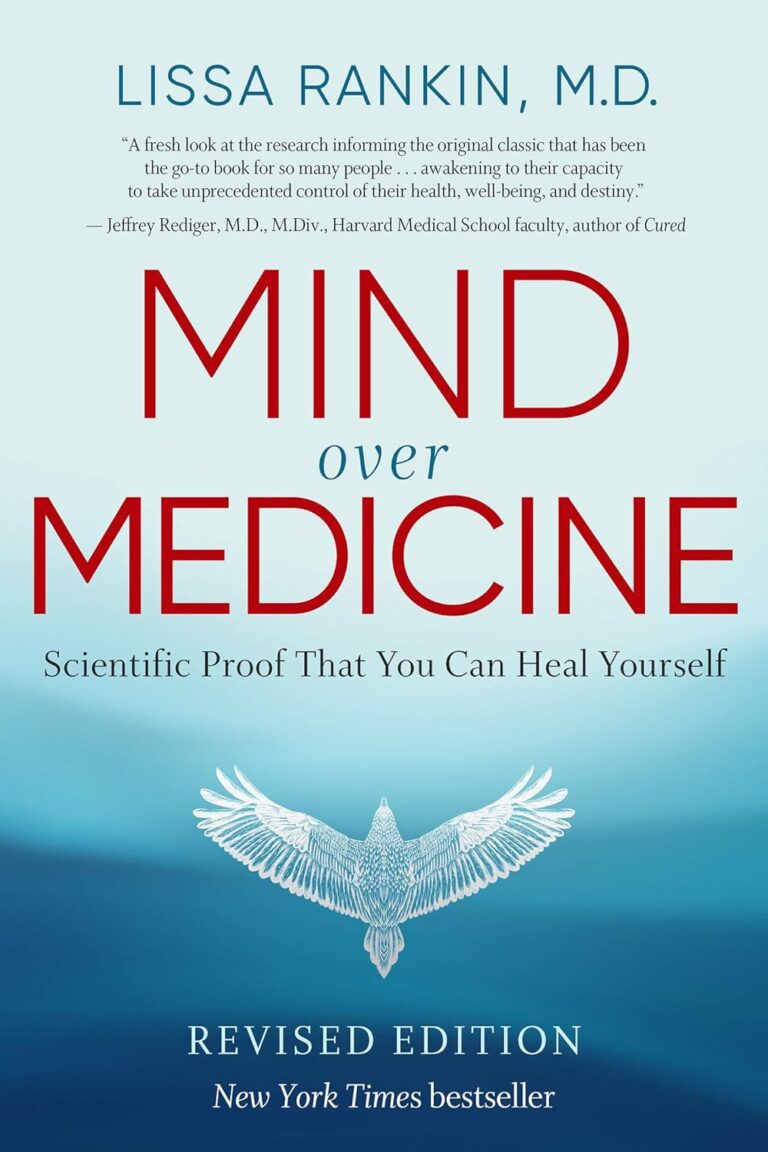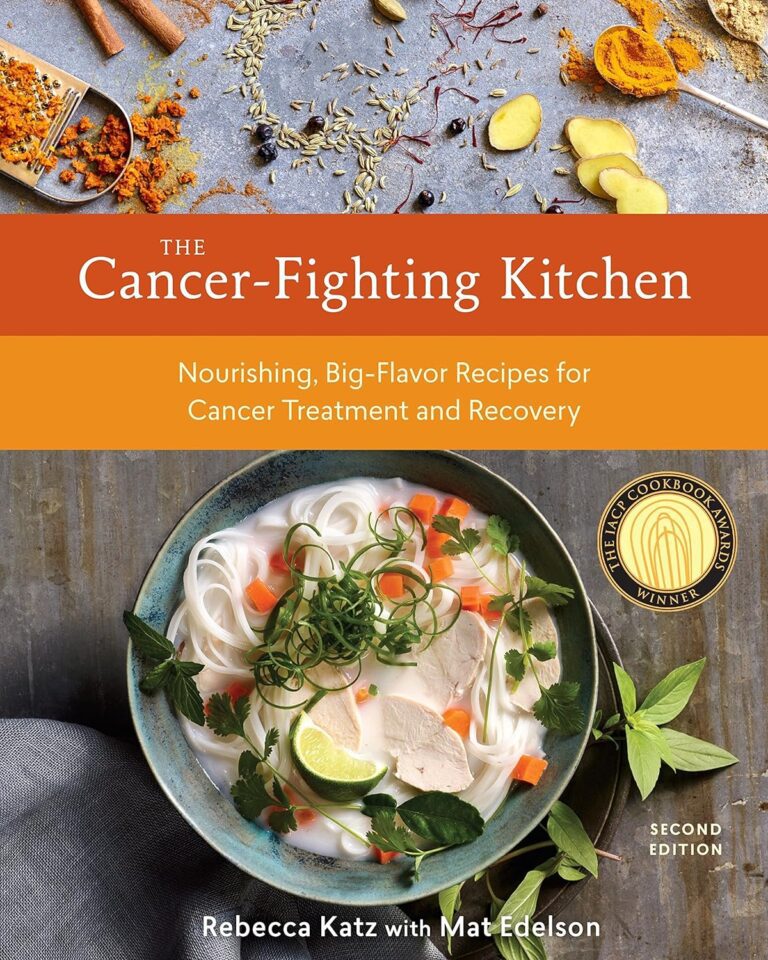
Over the years, medical advancements have given us a clearer understanding of deadly conditions like cancer. Notoriously elusive and complex, cancer refers to a collection of related diseases characterized by the uncontrolled growth and spread of abnormal cells. Different types of cancer are determined by where the abnormal cell growth begins. One such type, often flying under the public’s radar, is Soft Tissue Sarcoma.
Soft Tissue Sarcoma is a rare form of cancer that begins in the soft tissues of the body, including muscles, tendons, fat, blood vessels, lymph vessels, nerves, and tissues around the joints. Knowledge and awareness about Soft Tissue Sarcoma are crucial because early detection can significantly impact prognosis and treatment options.
What is Soft Tissue Sarcoma: Detailed Definition and Explanation
Soft Tissue Sarcoma is a disease in which cancer cells form in the soft tissues of the body. Though it can be found anywhere in the body, it commonly affects the arms, legs, chest, and abdomen.
There are many different types of Soft Tissue Sarcoma, including Leiomyosarcoma, Liposarcoma, and Gastrointestinal stromal tumors (GIST), among others, each with unique characteristics and behavior. Regardless of the type, early detection is of paramount importance. It provides a wider range of treatment options and a better chance of complete recovery.
Causes and Risk Factors of Soft Tissue Sarcoma
The precise causes of Soft Tissue Sarcoma remain obscure. However, certain factors can increase an individual’s risk of developing this condition. These include familial syndromes, exposure to certain chemicals, and radiation exposure, especially if it was used in the treatment of a previous cancer.
While having these risk factors does not guarantee the development of Soft Tissue Sarcoma, being aware of them is crucial for early detection and prevention efforts.
Symptoms of Soft Tissue Sarcoma: What to Look Out For
Common symptoms of Soft Tissue Sarcoma often include a lump or swelling that can be felt under the skin, usually on an arm or leg. Pain is also a common symptom, especially when the mass starts to press against nerves or muscles.
Less common, but still significant symptoms might include abdominal pain, blood in stool or vomit, or black, tarry stools. These symptoms might be mistaken for less severe conditions, thereby highlighting the need for medical consultation when these signs surface.
Diagnosing Soft Tissue Sarcoma
Diagnosing Soft Tissue Sarcoma typically involves a combination of physical examinations, imaging tests, and biopsies. Physicians might feel for any lumps or unusual signs during a physical examination. In addition, they might employ imaging tests such as MRIs, CT scans, and Ultrasounds, to gain a more precise understanding of the condition.
Moreover, a biopsy may be conducted, where a small tissue sample is taken for closer examination under a microscope. This is the most definitive way to confirm a diagnosis of Soft Tissue Sarcoma.
Treatment Options for Soft Tissue Sarcoma
Treatment for Soft Tissue Sarcoma usually involves surgery to remove the cancer. Other options can include radiation therapy, which uses high-energy particles to kill cancer cells, and chemotherapy, which uses specific drugs to battle the disease.
Furthermore, targeted therapy and immunotherapy may be employed. Targeted therapy acts upon the specific characteristics of cancer cells, while immunotherapy boosts the body’s immune response against cancer. Clinical trials offering cutting-edge treatments are also an option for some patients.
Get to know us better
If you are reading this, you are in the right place – we do not care who you are and what you do, press the button and follow discussions live

Living with Soft Tissue Sarcoma: Managing Life After Diagnosis
Receiving a diagnosis of Soft Tissue Sarcoma can be overwhelming. While dealing with the physical aspects, it’s important not to overlook the mental health implications. Seek professional help if needed, and remember, it’s okay to ask for support.
Regular medical follow-ups are crucial to monitor any recurrence or new developments. Lastly, lifestyle changes, including a balanced diet and regular exercise, can contribute to improved prognosis and quality of life.
Conclusion: Empowerment through Knowledge
In conclusion, understanding Soft Tissue Sarcoma equips us with the knowledge necessary to improve outcomes. Awareness, early detection, appropriate treatment, and regular follow-ups all play a crucial role.
While we cannot outright prevent Soft Tissue Sarcoma, maintaining a healthier lifestyle and being aware of the risk factors help in increasing your body’s overall health and well-being.
FAQs about Soft Tissue Sarcoma
- What is the difference between Soft tissue Sarcoma and other types of cancer?
Soft tissue Sarcoma is a specific type of cancer that starts in the soft tissues of the body including muscles, tendons, fat, blood vessels, lymph vessels, nerves, and tissues around the joints, while other cancers may originate in different organs or tissues of the body.
- How common is Soft tissue Sarcoma and who is most at risk?
Soft tissue Sarcoma is considered rare, accounting for approximately 1% of all adult cancers. Certain syndromes, exposure to certain chemicals, and radiation exposure are factors that increase the risk.
- Does a lump always mean Soft tissue Sarcoma?
Not necessarily. While a lump or swelling can be a symptom of Soft tissue Sarcoma, there are many other more common conditions that can cause similar symptoms. Always consult a medical professional if you’re concerned about any lump or swelling.
- What is the long-term prognosis for someone with Soft tissue Sarcoma?
The prognosis for Soft tissue Sarcoma varies greatly depending on several factors including type, size, location of the sarcoma, and the patient’s overall health. Early detection significantly improves the chances of successful treatment and a better prognosis.
- Can Soft Tissue Sarcoma be prevented?
While there is no surefire way to prevent Soft Tissue Sarcoma, reducing exposure to specific risk factors can lower the overall risk. This includes limiting exposure to harmful chemicals and radiation.

















Comments
Thank you. Comment sent for approval.
Something is wrong, try again later